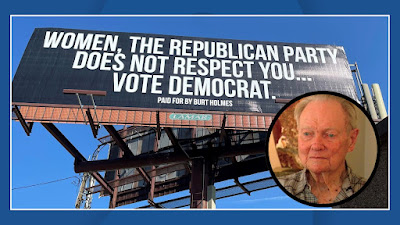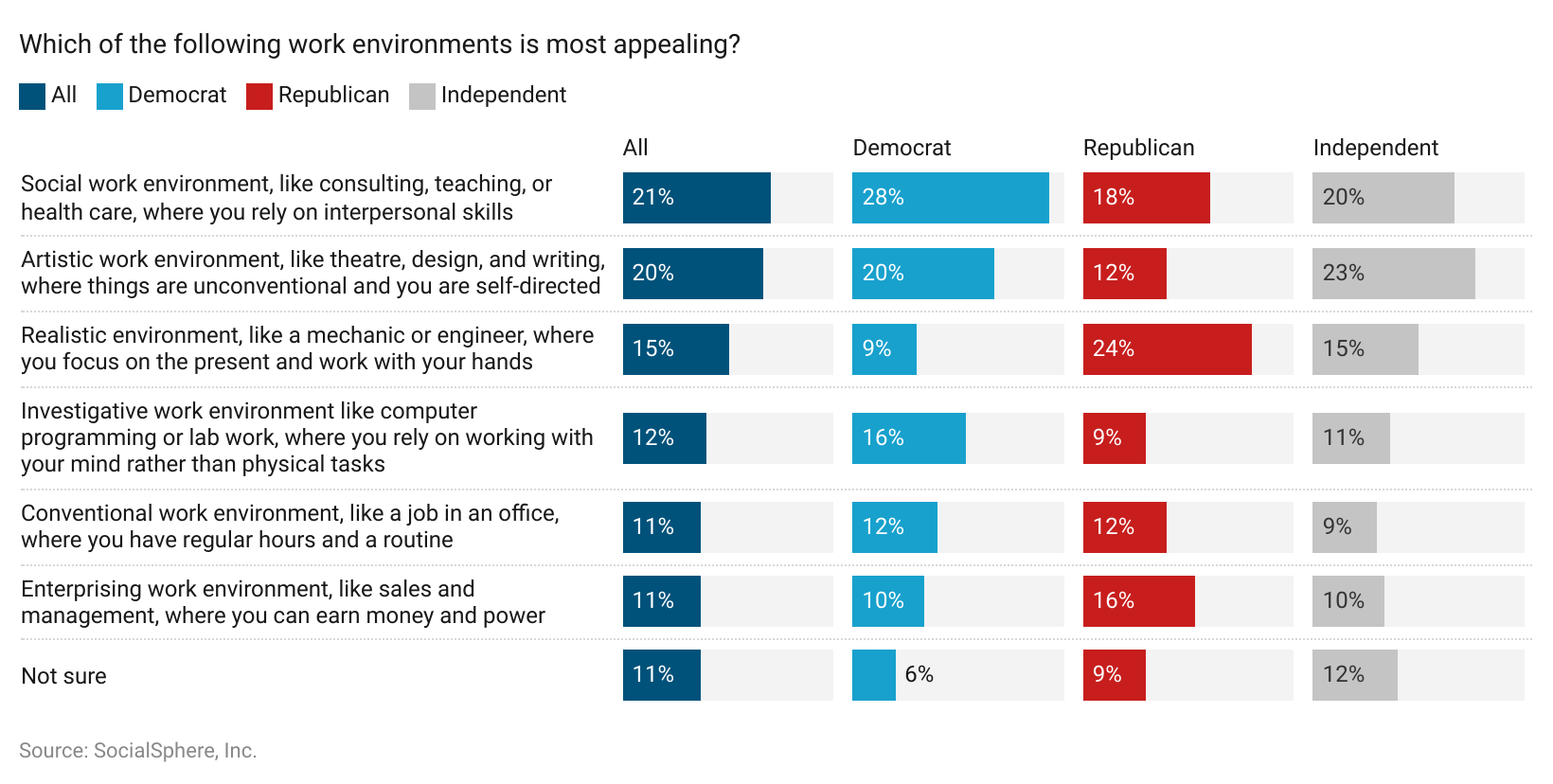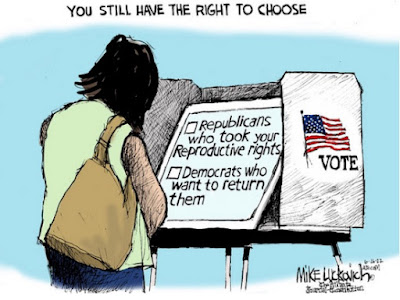First, let me whine a little. I hate the profusion of ballot measures on which we are asked to vote every election.
Many involve complex issues which the legislature and governor have been unable to resolve. Most of us know nothing about the matters they concern. To our elected leaders I say -- damn it, do your jobs! Sorting these interests out is what we hire you for.
Another sort of measure is something that somebody had enough money to pay signature gatherers to qualify for the ballot. Now I love quite a few signature gatherers; it's a hard job. And then we get hit with the TV and social media ads. I'm often disgusted by seeing money set the campaign agenda, even when I care about the issues.
• • •
Enough -- here's how I voted on the state props ...
Prop. 2 is a $10 billion school bond measure to fund repairs and upgrades to public schools. ... Statewide, 38% of students in California go to schools that do not meet minimum facility standards, according to the Public Policy Institute of California.
Opponents of the bill include the Howard Jarvis Taxpayers Assn. Dems and Reps for it. Voted YES.
Prop. 3. Repeals 2008 hate measure that outlawed gay marriage. Clean up time! YES
Prop. 4. The Safe Drinking Water, Wildfire Prevention, Drought Preparedness, and Clean Air Bond Act of 2024 would have the state borrow $10 billion to pay for climate and environmental projects — including some that were axed from the budget because of an unprecedented deficit. There's little bit of something for everyone in this: water, coastal protection, fighting wildfires.
Probably not perfectly designed, but a product of the legislative process and the Governor's druthers. Okay. YES
Opponents of the bill include the Howard Jarvis Taxpayers Assn.
Prop. 5: According to the LA Times:
Currently, most local bond proposals require a two-thirds vote of the public to be approved. If voters pass Proposition 5, this threshold will be lowered to 55% for bonds supporting low-income housing, road and transit expansions, parks, wildfire resilience and other public infrastructure projects. The existing supermajority requirement for local bond approval was written into California’s Constitution in 1879.
I think I'm against supermajority provisions wherever they exist. That includes the US Senate filibuster rule. We need to grow up.
YESOpponents of the bill include the Howard Jarvis Taxpayers Assn.
Prop 6. Would end mandatory work requirements for state prisoners. Most prisoners who work in the system earn .74 cents an hour. Yes. .74 cents an hour!
YES, YESOpponents of the bill include the Howard Jarvis Taxpayers Assn.
Prop. 32. Raise minimum wage to $18/hour. Current law, signed by Jerry Brown in 2016, gradually lifts the minimum but in many locales and many jobs, pay is not keeping up with living costs for California workers.
I used to say that, if you could raise the cash to pay signature collectors enough to put a minimum wage raise on the ballot, you barely needed a campaign. But that was in the sub-$10 minimum wage era.
Apparently, no longer. California Chamber of Commerce, the California Restaurant Assn. and the California Grocers Assn. oppose it; unions and anti-poverty groups don't like some of its complicated architecture.
YES. I'll vote for it because, hey, people got to live. But this one may be close.
Prop. 33: Basically would make it possible for municipalities to impose rent controls if they wanted to. Would give housing advocates a fighting chance of shaping the local rules. This one is a good fight and good trouble. All the TV ads are lies but the principle is simple. Millions will be spent to sway our votes. Vote
YES, YES, YES!
The opponents are the real estate industry. They will spend like drunken sailors to kill this. Proponents include the AIDS Healthcare Foundation and hospitality workers in UniteHERE Local 11 in L.A.
Prop. 34: This claims to be about spending on drugs by healthcare systems, but is actually an effort to get back at the AIDS Healthcare Foundation for putting Prop 34 on the ballot. It is funded by the California Apartment Assn.
NO shit! Get over it!
Prop. 35: This tinkers with how the state assesses managed care health insurance groups to generate tax revenues.
• the California Hospital Assn., the California Medical Assn., the California Primary Care Assn., Planned Parenthood Affiliates of California, labor unions, emergency responders and community health centers. Both the California Democratic Party and the California Republican Party support it.
• the California Pan-Ethnic Health Network, the League of Women Voters of California, Courage California, and the California Alliance for Retired Americans oppose it.
This is an example of measures we never should have to vote on if the legislators and governor were doing their job.
Prop. 36: Will jack up the penalties for some non-violent felonies that we recently cut back on, like shoplifting. Look, I'm as pissed off as the next person that I have to get a clerk to unlock a plastic door in a Walgreens in order to buy my vitamins. But the idea that we can lock up addicted perps and thereby end crime is madness. It only leads to high costs for useless prisons that breed more crime.
NO,NO
 |
No, there is no Prop.37 this year. But just you wait ...
|
Coda: Note the numerous mentions of the Howard Jarvis Taxpayers Assn. opposing various measures above. As a general rule, if those cranky old men funded by billionaire tax cheats don't like something, you can at least give it a look.
• • •
California state ballot measures here.
• • •
Meanwhile, you can help Harris-Walz get elected by joining the hospitality workers of the union UniteHERE on a national phonebank. Sign up here.

























